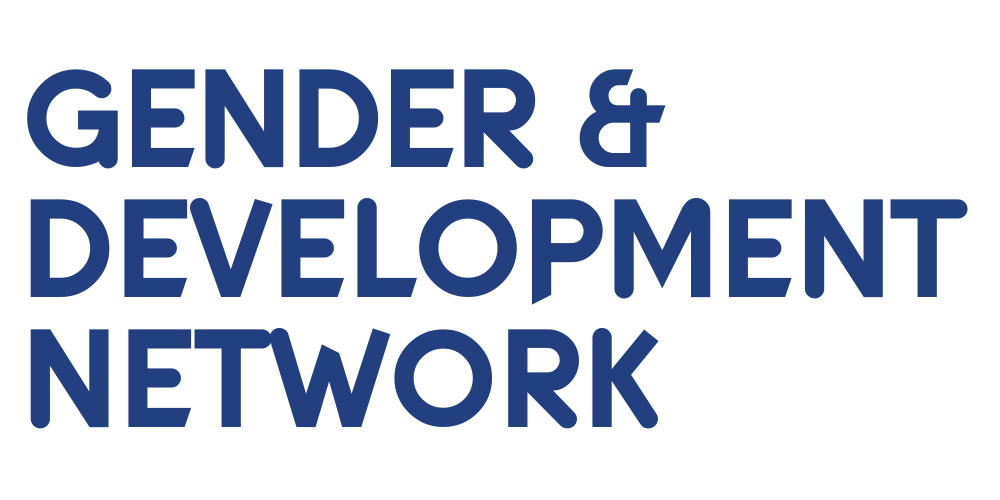Confronting sexual violence and abuse in the aid industrial complex: Towards transnational feminist responses
In recent months, scandals have erupted around revelations of sexual abuse and violence among international aid and humanitarian agencies, prompting questions about how best to tackle cultures of exploitation in the sector. These questions have largely been met with technical responses like “safeguarding” policies, while feminist analysis of the roots of violence against women—or indeed the voices of women from the Global South themselves—has been sidelined. The sexual abuse crisis is fundamentally about women, whether as survivors, “beneficiaries” of aid programming, in-country NGO staff, or experts and activists in the field of violence against women and girls. Women, therefore, have much to offer in forging a path to a more inclusive, supportive and responsive development sector. In a small attempt to redress the glaring omission of Southern women’s voices, GADN has asked Zimbabwe-based feminist activist Nancy Kachingwe to share her thoughts in this thinkpiece.
Nancy argues that the current crisis around sexual violence and abuse in the aid sector reflects an entrenched heteropatriarchal hostility to women’s rights—and reveals that the sector’s apparent commitment to gender equality does not run deep. Feminists have been excluded from meaningful decision-making even while many international NGOs have instrumentalised the language of gender to access more resources from donors. What is missing is a response shaped by transnational feminist solidarity, going beyond safeguarding to tackle deeper and more pervasive problems of misogyny, race, class and imperialism that give rise to sexual misconduct and cultures of impunity. As Nancy argues, “Working both inside and outside organisational frameworks, it should be our mission as feminists to demolish barriers of entrenched privilege, power and exclusion to open real debates about the sector, its frequently abusive culture, its politics of race and gender privilege, its denialism and its future.”
